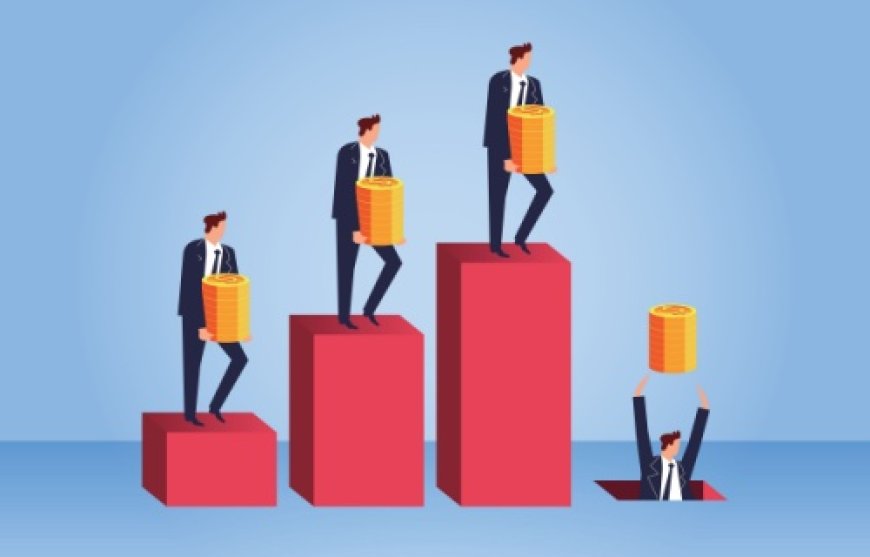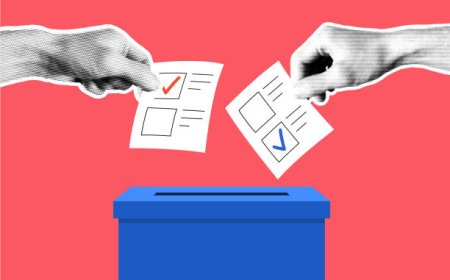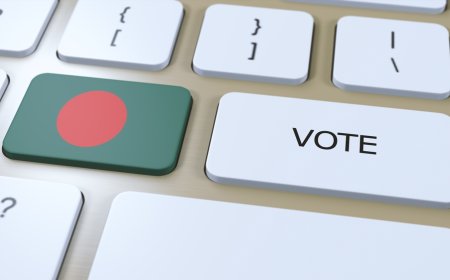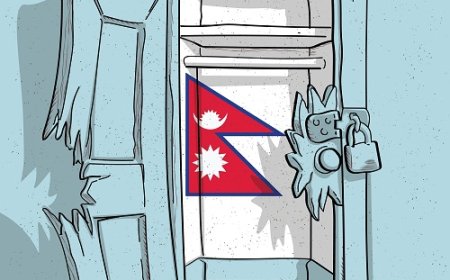The FDI Mirage
Why the local economy is suffocating and what can be done to fix it

Bangladesh’s economy is running on illusions. The Interim Government (IG) keeps congratulating itself for “stability” -- pointing to steady reserves and a stronger Taka -- as if those numbers mean anything to the people running empty factories and closing shops. It’s a fragile calm masking a deep economic paralysis.
Of course the dollar reserves are growing -- that’s what happens when businesses stop importing raw materials. There’s no demand, no liquidity, and no customers left to sell to. The shelves are full but the buyers are gone. The IG calls it stability. The rest of the country calls it a standstill.
Factories across the country are now running on fumes. Cement plants are operating at barely 30 to 40 percent capacity. Ceramic and tile producers -- once a rising star of local manufacturing -- are down to 20 percent. Furniture-makers have containers of imported wood sitting in Chittagong because customs drags on for weeks and there are no orders to fill. Even small garment factories, once the pride of our export economy, are being choked by energy costs, tariff hikes, and endless banking red tape.
This isn’t a temporary dip in business. It’s industrial suffocation -- caused not by global forces, but by policy neglect. And the neglect is deliberate.
The IG has fallen in love with three letters: FDI. Foreign direct investment has become a mantra, a press-conference slogan, a political prayer. Every government event now revolves around how to attract “big foreign investors,” as if Bangladesh’s future depends on the next MoU signed in a five-star ballroom. But no amount of foreign capital can rescue an economy whose domestic heart has stopped beating.
Investors don’t come to fix broken economies -- they come when economies are already working. No serious investor will put money into a country where factories are running half-empty, credit is frozen, and consumers are too scared to spend.
You cannot build a strong house on weak foundations. Yet that’s exactly what this government is trying to do -- decorating a collapsing structure while the beams are cracking underneath.
Meanwhile, business chambers and SME associations have been knocking on the government’s door, trying to warn them. But that door is locked tight. The policymakers no longer listen; they perform the act of listening. They host “consultations,” nod politely, and then go back to doing exactly what they planned before the meeting began. The dialogue between the real economy and the decision-makers has become a pantomime -- a stage-managed illusion where feedback goes in, silence comes out, and nothing changes.
And that’s the real tragedy. There is no serious national discussion on how to restart the economy. No emergency plan. No liquidity strategy. No roadmap for reviving domestic demand.
The ministers keep talking about future FDI, but not a word about the factories, shops, and SMEs dying right now. Recovery won’t come from summits or slogans; it will come from movement -- credit flowing again, ports unclogging, small factories rehiring, and people spending with confidence.
One of the fastest ways to create that movement is to jump-start the real estate and construction sectors -- the great multiplier engine of Bangladesh’s domestic economy. When housing rises, everything else follows. Cement, ceramics, steel, paints, furniture, transport, and logistics all come back to life.
Because BNP’s Point 15 is built on a “listen-first” policy shaped by real stakeholders, such measures -- like incentives for first-time home buyers -- would be a natural outcome of that process. Lower registration fees, targeted tax rebates, and low-interest mortgages are precisely the kind of actionable ideas that arise when government finally listens to builders, bankers, and SME suppliers instead of lecturing them.
When people start buying homes again, it doesn’t just lift developers -- it ripples through the entire economy, bringing back demand, jobs, and confidence. That’s what real stimulus looks like -- not borrowed donor money, but a domestic recovery driven by those who actually build Bangladesh.
BNP’s Point 15 represents a different philosophy altogether: listen first, act fast. It calls for an Economic Reforms Commission -- a platform where SME owners, exporters, industrialists, bankers, economists, and diaspora investors sit together to redesign policy based on real experience, not foreign templates.
Reform isn’t about drafting grand plans. It’s about listening to the people who actually build the economy and turning their pain points into immediate, measurable action: faster customs clearance, easier credit, predictable energy pricing, and functional export processes.
This is what the Interim Government has failed to grasp -- that stability built on silence is not real stability. You can suppress complaints, you can hide numbers, you can even control headlines -- but you cannot fake economic motion. The economy moves only when people believe the system is listening to them.
Bangladesh now faces a simple choice: continue with an FDI-first mirage that pleases donors and headlines but leaves factories dying, or build a Bangladesh-first economy that empowers its own producers, consumers, and entrepreneurs. The IG offers closed doors and empty promises.
BNP’s Point 15 offers open dialogue, real reform, and a path back to growth. Because you can prop up numbers for a quarter -- but you can’t fake prosperity for a generation.
What's Your Reaction?














































































